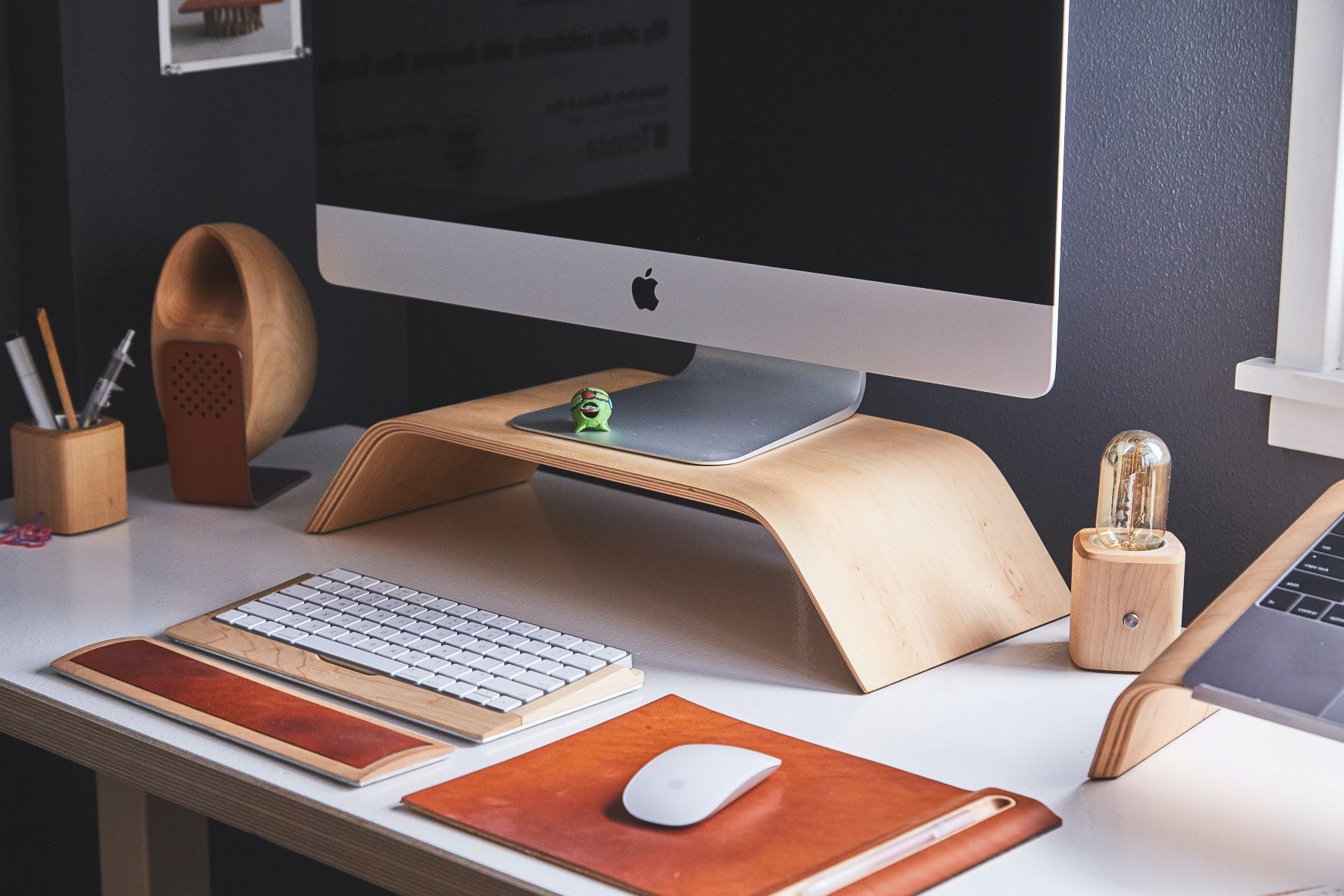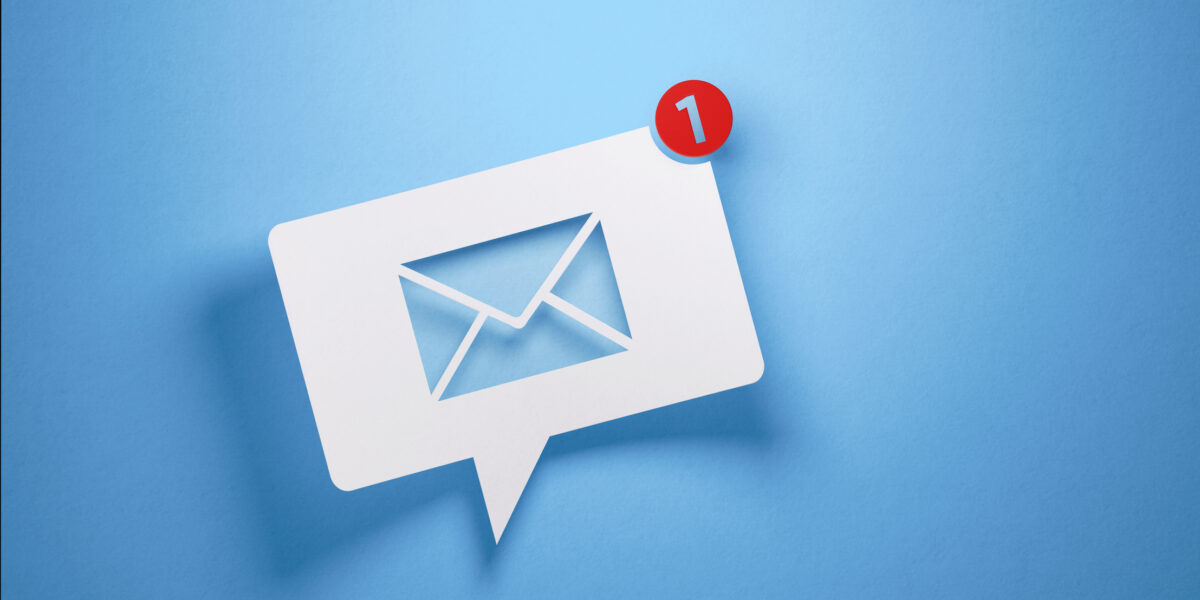It’s time to clean your work computer! You can take a few steps to make sure that your work computer is running smoothly and ready for an office day. Follow these simple steps, and you’ll be back in the office before you know it with a fresh new start.
Time to Clean Your Work Computer
After a year of transition, your computer has put up with a lot. Chances are, you haven’t had time to go through and clean up the desktop or downloads folder or the photos or even the crumbs on your keyboard. For many of us, our desktop is where all the random files we work on end up. So it tends to be the first place to become a mess.
Clean & Delete
Clear off your desk, so there isn’t anything distracting you from the task at hand. Take out any trash bins or recycle bins that might have piled up over the past weeks and empty them into the appropriate place outside the work area.
What about the computer? Yes, we are getting to that next.
Delete unnecessary files by going through those old emails or deleting any other file on your hard drive that doesn’t need to stay there anymore. Chance are you spent the last year using this computer, and things like zoom backgrounds are filling up random spots on your hard drive. Be thorough with your file purge. Ask yourself, ‘will I ever look at this again?’ If the answer is no, it’s time to say goodbye. If the usefulness isn’t there, trash it. If you have to keep it for filing purposes, consider storing it on your shared drive or the cloud, but not on your actual computer drive.
File Organization
Let’s organize your files. The key to an organized computer is an efficient filing system. Try creating a folder for every project or client. Have an archive folder you can move these folders into when the project is completed (or annually, if it’s an ongoing project/client).
The folders should be named in a way you can recognize. If you’re working for a client, name the folder after them (i.e., “Canton Marketing Project”). If it is an ongoing project, put in some information about what they hired you to do (i.e., “Marketing Strategy Research-2015″). You can also consider creating a few folders based on specific months or years.
It’s a good idea to keep your personal files separate from your work files. However, in our digital world, overlap happens. If you’re leaving for a new job, make sure to delete all of your personal files, emails, contacts, and messages from your computer. Have a cloud account (such as google drive) that you can drop them in. A USB stick you can use to transfer them to your personal computer works, as well.
Clear Your Browser History
Clear your browser history and cache. It’s time to clear your browser history and cache! This will give you a clean slate when it comes to autocomplete text and other things following you around the web.
Clear your download history. If you find yourself downloading files quite often, clean out any clutter by diving into the Downloads folder and deleting anything that is no longer required (e.g., PDFs or images downloaded from web pages). Scan for viruses. Virus protection might be an added service through your IT department or looking to hire an IT company to help refresh your system for you.
CCSI Can Help You Transition
Are you going from a home office to a corporate office? Do you need help getting your computer ready for the work transition? CCSI can help with all your computer needs.




